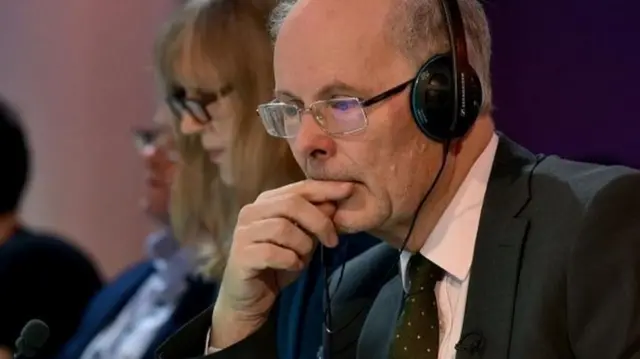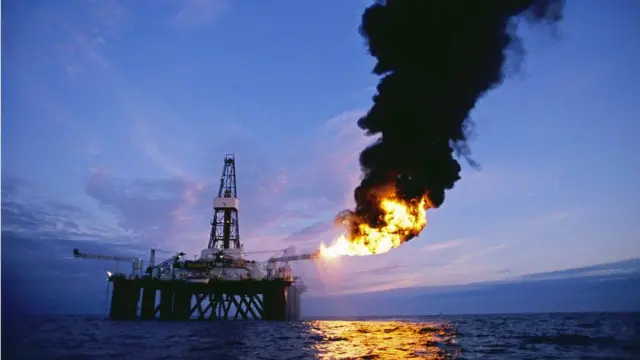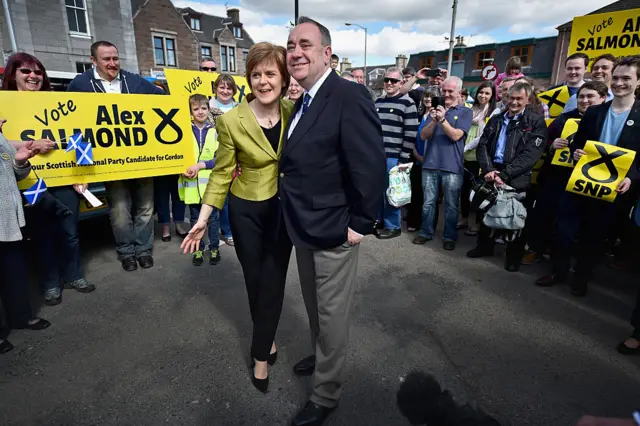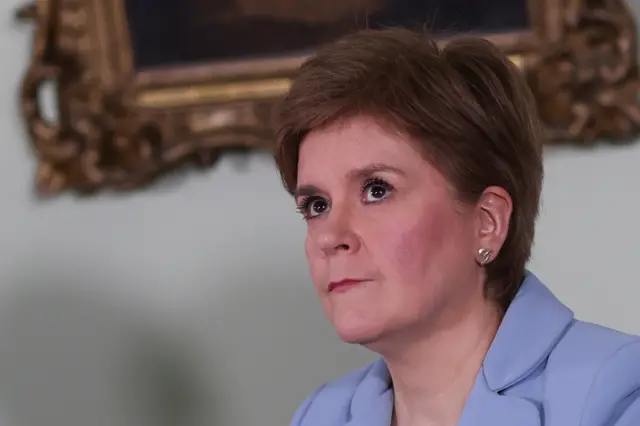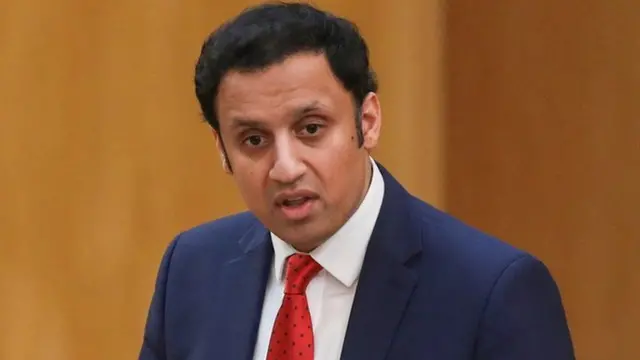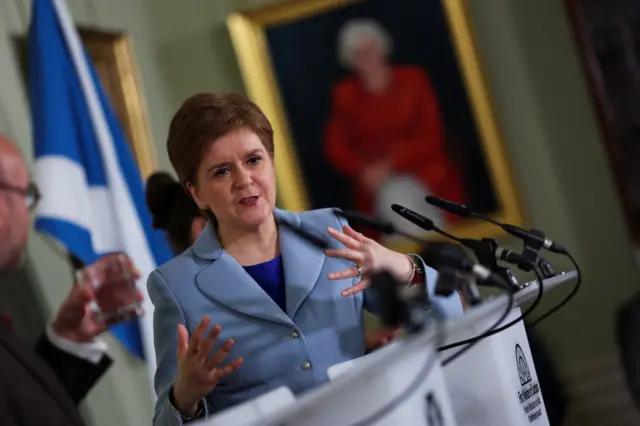Campaign for Scottish independence - The key pointspublished at 13:44 BST 14 June 2022
- Nicola Sturgeon unveils what she says is a "refreshed" case for independence
- The first paper - called Independence in the Modern World. Wealthier, Happier, Fairer: Why Not Scotland, external - makes comparisons between Scotland and other European countries - all of which Ms Sturgeon says are independent, wealthier and fairer than the UK
- Scotland's first minister says her government has an "indisputable mandate" for a second independence referendum
- Downing Street responds by saying now is not the time for another independence referendum
- And opposition parties accuse the Scottish government of being obsessed with independence
Allow X content?
This article contains content provided by X. We ask for your permission before anything is loaded, as they may be using cookies and other technologies. You may want to read X’s cookie policy, external and privacy policy, external before accepting. To view this content choose ‘accept and continue’.
- The first minister says it is now time to set out "a different and better vision" for Scotland
- Ms Sturgeon insists she won last May's election with a "clear commitment to give the people of Scotland the choice of becoming an independent country"
- Holyrood had a "decisive majority" of MSPs in favour of independence
- Any referendum "must be lawful", and only parties opposed to independence would benefit from questioning the process
- The FM says: "If we are to uphold democracy here in Scotland, we must forge a way forward if necessary without a Section 30 order"
- Ms Sturgeon was joined at the press conference by Patrick Harvie, the co-leader of the Scottish Green Party and a member of the Scottish cabinet
That's all from our live page team today. Have a lovely afternoon.
